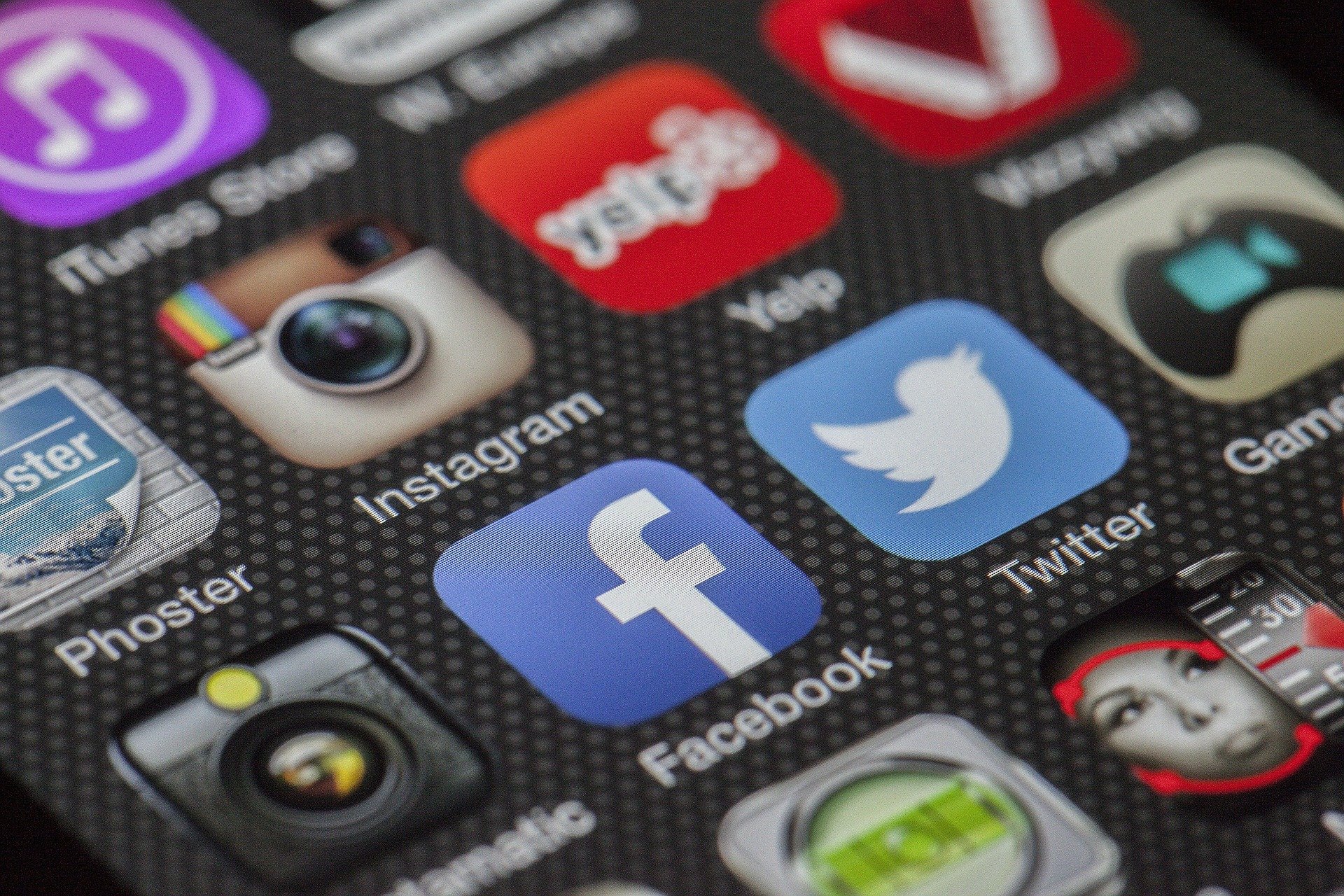
Increasingly, Americans have chosen to forego the larger mainstream media conglomerates as their main news sources.
Instead, Americans use social media outlets, such as Facebook and Twitter to update them on the top stories of the day. This approach has led to problems over the years, none more starkly apparent than in the recent election.
The problem with allowing a private company to deliver your news often does not start with the companies themselves, but with the fact that a person relies on his or her friends or associates to decide what is important enough to be shared.
Most people have friends that think along the same political lines as they do, or follow people that reflect their own bias. As a result, their social media posts are bound to reflect their own politics.
Ignoring the sharing of select information between friends or colleagues that share the same political affiliations, there is still a problem with censorship. Although all major social media platforms deny censorship, increasing evidence has been mounting for years that it has become a problem.
In fact, Both Mark Zuckerburg and Jack Dorsey, the CEO’s of Facebook and Twitter respectively, have been subpoenaed to the Senate to discuss their handling of the 2020 election.
Twitter fell under fire for suppressing a story involving Hunter Biden, son of then Presidential candidate Joe Biden. The story centered around a laptop left at a computer repair shop in Delaware.
Information on the laptop was used in the story that was subsequently blocked by Twitter from being shared on its platform. Twitter claimed to be limiting its spread due to the questionable source of the material in the article.
Facebook simultaneously slapped a “Fact Checker” tag on all related posts, calling into question the veracity of the article and placing restrictions on linking the piece. This drew the ire of then-President Trump, who promised to review the associated laws including “Section 230” of the Communications Act, which keeps websites from being held responsible for user-supplied content.
Beyond the seemingly direct censorship purported to occur on social media sites, the availability of information seems to be likewise hindered. In the reporting of any given story, there is nothing illegal about telling that story with a political agenda in mind. Most of our media outlets have a “Spin”, in fact, many of us choose to get our news from sources that align with our own political thinking.
The days of an anchor relating the top stories without regard to its political impact as famed anchorman Walter Cronkite preferred to do are gone. Instead, most of the media outlets Americans can turn to have an agenda, and more often than not, it leans left.
If the average American turns to the Mainstream Media for source material to post on social media, and that information is already skewed toward a political objective, the resulting shared information is likewise skewed. If the platform on which Americans overwhelmingly post then censors those posts according to a political agenda, the Conservative voice is effectively silenced.
In the previous election, President Trump railed against the media with his now-famous “Fake News” comments. Throughout his term in the White House, President Trump seemed to be at odds with the Mainstream Media almost from the moment he took office. In the aftermath of the Capitol Insurrection, Mainstream Media and social media sites turned fully against him. Twitter suspended his account, while Facebook banned him.
The account suspensions on Twitter and Facebook are not reserved for President Trump, however, but for like-minded supporters and other Conservatives. Recently, MyPillow CEO and outspoken Trump supporter Mike Lindell has been blackballed from the platform. Likewise, political commentator Dan Bongino was banned for daring to question the legitimacy of the 2020 election. Ali Alexander, organizer of the “Stop the Steal” campaign was likewise banned.
Republican Congresswoman Marjorie Taylor Greene was barred from using the platform. Greene supported decertifying the election of Joe Biden, filed Articles of Impeachment against Joe Biden, and is a staunch Trump supporter.
Twitter claims Greene violated its “Civic Integrity Policy”, which appears to be the catch-all reason for most of these seemingly politically motivated suspensions. The “Civil Integrity Policy” is listed repeatedly as the motivation to ban several other notable Conservative Republicans.
For its part, Facebook has removed several Conservative groups from its platform without warning following the Capitol Insurrection.
With Americans using social media for most of their news, and the political bias from both their news sources and the perceived social media bias toward conservative voices, the effective result is censorship.










